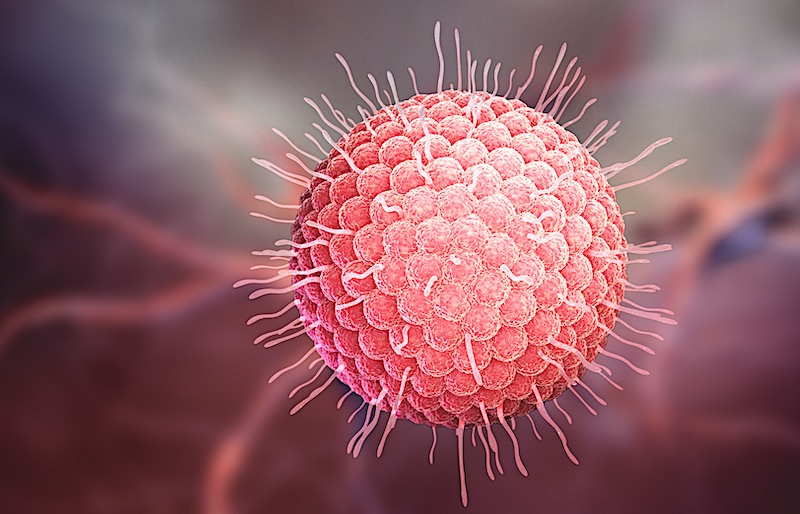April 2020
The Holy Grail of Quantum Artificial Intelligence: Challenges in Accelerating the Machine Learning Pipeline
T. Gabor, L. Suenkel, F. Ritz, L. Belzner, C. Roch, S. Feld, and C. Linnhoff-Popien
Abstract
We discuss the synergetic connection between quantum computing and artificial intelligence. After surveying current approaches to quantum artificial intelligence and relating them to a formal model for machine learning processes, we deduce four major challenges for the future of quantum artificial intelligence: (i) Replace iterative training with faster quantum algorithms, (ii) distill the experience of larger amounts of data into the training process, (iii) allow quantum and classical components to be easily combined and exchanged, and (iv) build tools to thoroughly analyze whether observed benefits really stem from quantum properties of the algorithm.
1st International Workshop on Quantum Software Engineering (QSE at ICSE)
QAR-Lab supports D-Wave’s platform for joint COVID-19 research
 D-Wave Systems – a Canadian provider of quantum computing systems, software, and services – announced the availability of free access to its quantum systems for researchers working to combat the COVID-19 crisis. LMU Munich’s QAR-Lab has joined these efforts alongside other partners, including companies and research institutions such as CINECA, DENSO, Forschungszentrum Jülich, Kyocera Corporation, KYOCERA Communication Systems, MDR/Cliffhanger, Menten AI, NEC Solution Innovators Ltd., OTI Lumionics, Sigma-i, Tohoku University, and Volkswagen. The relevant engineering teams are providing support in the form of their expertise in using the quantum computer, formulating problems, and developing solutions.
D-Wave Systems – a Canadian provider of quantum computing systems, software, and services – announced the availability of free access to its quantum systems for researchers working to combat the COVID-19 crisis. LMU Munich’s QAR-Lab has joined these efforts alongside other partners, including companies and research institutions such as CINECA, DENSO, Forschungszentrum Jülich, Kyocera Corporation, KYOCERA Communication Systems, MDR/Cliffhanger, Menten AI, NEC Solution Innovators Ltd., OTI Lumionics, Sigma-i, Tohoku University, and Volkswagen. The relevant engineering teams are providing support in the form of their expertise in using the quantum computer, formulating problems, and developing solutions.
Hybrid quantum-classical computing could be well-suited for solving a range of complex problems of this nature. Potential areas of focus for COVID-19 include analyzing new methods of diagnosis, modeling the spread of the virus, optimizing hospital logistics, supply distribution, pharmaceutical combinations, and much more.
For more information on resources and support for combating COVID-19, please see www.dwavesys.com
Approximate Approximation on a Quantum Annealer
Irmengard Sax, Sebastian Feld, Sebastian Zielinski, Thomas Gabor, Claudia Linnhoff-Popien, Wolfgang Mauerer
Abstract
Many problems of industrial interest are NP-complete, and quickly exhaust resources of computational devices with increasing input sizes. Quantum annealers (QA) are physical devices that aim at this class of problems by exploiting quantum mechanical properties of nature. However, they compete with efficient heuristics and probabilistic or randomised algorithms on classical machines that allow for finding approximate solutions to large NP-complete problems. While first implementations of QA have become commercially available, their practical benefits are far from fully explored. To the best of our knowledge, approximation techniques have not yet received substantial attention. In this paper, we explore how problems’ approximate versions of varying degree can be systematically constructed for quantum annealer programs, and how this influences result quality or the handling of larger problem instances on given set of qubits. We illustrate various approximation techniques on both, simulations and real QA hardware, on different seminal problems, and interpret the results to contribute towards a better understanding of the realworld power and limitations of current-state and future quantum computing.
Published in ,. ACM, New York, NY, USA, 9 pages

